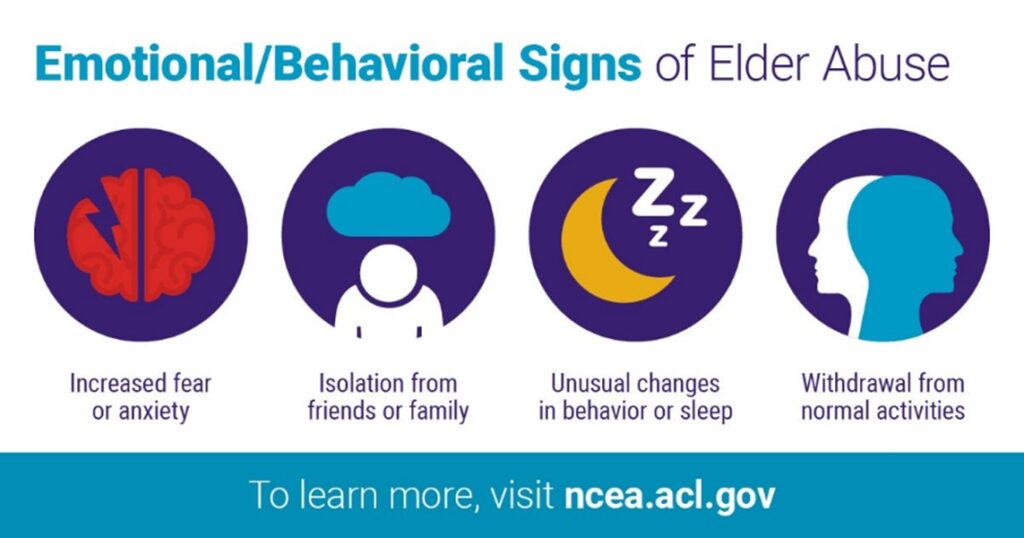For some of us, what we hear on the news about the pandemic occurring in nursing homes, and other congregate living communities can be frightening. Is now the best time to move? For independent living retirement communities (aka CCRC’s) much is the same. Here are two communities in Northern VA sharing what has changed, if anything.
Goodwin House (Bailey’s Crossroads and Alexandria 703.820.1488) has seen very few changes. Due to their geographic location, move-ins remain strong during the pandemic. By proactively sharing how infection control is managed, older adults are feeling comfortable to continue their transition plans to enter a robust retirement community. However, according to Sue Dolton in Sales and Marketing, Goodwin House has seen about a 47% drop in new inquiries. Tours are not being done and some older adults are postponing decision to become a priority club member (aka waitlist). Potential residents indicate they feel the world is uncertain. Others find the prospect of putting their home on the m arket and having buyers walk through their homes feels unsafe at this time. What older adults do not appear concerned about is the current real estate market and the strength of their finances according to Sue.
arket and having buyers walk through their homes feels unsafe at this time. What older adults do not appear concerned about is the current real estate market and the strength of their finances according to Sue.
Resident life in Goodwin house has changed to some degree. There is no congregate dining currently. Three meals a day are being delivered to residents in their apartments. Activities and events are occurring, but differently. Many opportunities to be active are happening outside in the warmer weather. Masks, 6 ft. social distancing, etc. is the standard practice during gatherings.
Non-essential, non-emergency visitors are discouraged. Visitors are screened. Testing of residents and staff is ongoing at Goodwin House to ensure a safe and healthy community.
In Loudoun County, Ashby Ponds, (703.723.1999) a continuing care retirement community developed and managed by Erickson Living, has seen a modest decline in new inquiries. According to Holly Henderson, Director of Sales, the community and its marketing partners quickly recognized reductions in advertising (direct mail, digital) would be wise for the time being. What has remained strong are the number of inquiries and engagement levels for Priority List members. These members are still learning about the campus by speaking with residents and employees about how Ashby Ponds is responding to the COVID-19 crisis. Like other senior living communities, Ashby Ponds is taking all necessary precautions to protect everyone’s health. Families of current residents share grateful messages to the staff for keeping their loved ones safe during the pandemic.
Move-ins at Ashby Ponds are occurring due to a continued hot real estate market, according to Holly. “…Some new residents literally had no place to go” because their homes sold quickly. Other potential residents are waiting to move until a vaccine can provide a higher level of comfort or, at the very least, lightening of government restrictions. However, Holly noted an uptick of cross country moves so residents can be nearer to family in Northern Virginia, providing a better support system during the pandemic. 
There’s no doubt that making the decision to move without being able to visit does present a challenge in really getting the feel of the community lifestyle in person. Currently, Ashby Ponds is using technology like never before, such as for virtual tours of apartment homes. The anticipation is for Virginia to be lifting restrictions soon and the summer and fall will be an even busier move-in season than normal.
As many of us are on ‘hold’ to make changes in our lives, it’s good to know older adults are moving along to make their dreams and plans of living in a retirement community a reality no matter what the circumstances may be.
For further information or help with selecting the best senior living community for you, call 571.437.9396 Caring Considerations Email: [email protected]






